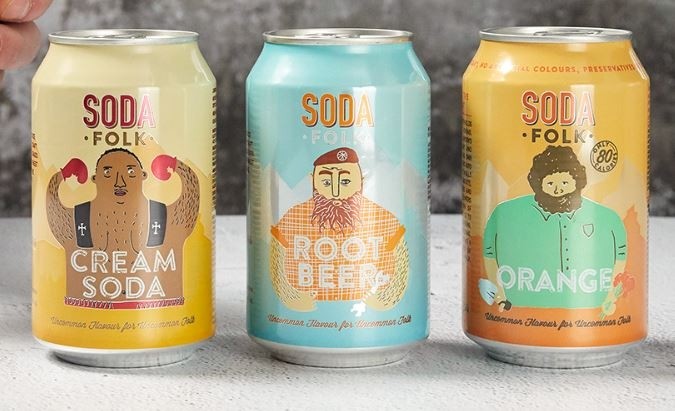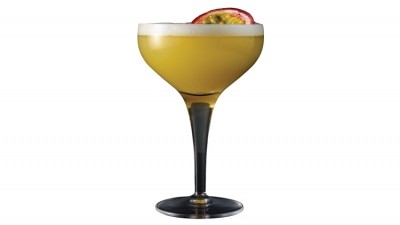The Ultimate Guide to Low and No Alcohol
What is a craft soft drink?

It is not enough to offer major heavily advertised brands alone. A growing army wants innovative, healthier and tastier softs that can be lingered over.
Belvoir Fruit Farms managing director Pev Manners says: “Publicans are finally beginning to wake up to the opportunity that craft soft drinks offer in terms of profit and sales, so they are beginning to look for brands away from the standard, and expected, carbonate range.”
Manufacturer estimates of craft softs’ penetration of the market range from 2% to 10%. Soda Folks founder Ken Graham expects them to reach 20% within five years but Melvin Jay, founder and chief executive of Gunna, believes it will be half that.
A poll by Dalston’s, craft maker of “soda with soul” shows 80% of punters want better non-alcoholic options.
Their motivators for buying it are:
- Great taste and new interesting flavours
- ‘Natural’, ‘real’, ‘healthier’
- Supporters of British ‘local’ brands
- Environmentally conscious – anti-plastic.
The ‘old-school’ corporate brands still dominate the sector yet recent statistics shows one in five are on a no-alcohol mission and want better soft options.
Jen Draper, marketing director at Franklin & Sons, whose drinks include Wild Strawberry & Scottish Raspberry with cracked Black Pepper, and British Dandelion & Handpicked Burdock with Star Anise, says many pubs make a conscious effort to highlight their craft ranges for mocktails and cocktails and as stand-alones on their menu.
Franklin works with pubs to create pairing menus for food, it offers in-depth tasting and training sessions to support pubs and supplies point-of-sale support, such as chalkboards, counter display blocks and strut cards.
Redemption is for all
Arlowe Fox manages Redemption in Notting Hill, west London, which has gone in hard on craft softs and where Kombucha has become particularly popular.
“In the past two years we’ve been approached with many samples of soft drinks and people that sell non-alcoholic distilled botanicals as well and they come selling their prepared tonics.
“We get loads of AA (Alcoholics Anonymous) people, and health-focused people like yogis and people into more holistic methods of healing – food is medicine types.
“Parents that come in and don’t want things that are really bad for their kids come in to get the occasional artisan cola.”
Redemption’s craft softs are not “ultra-premium” but they are expensive, Fox says. “We tend to go a bit over the top with presentation. We exist off of Instagram influx.”
The bar also sells alcoholic ‘sprits’, including Borrago, Sea Arch and Caleño.
Robyn Simms, co-owner and co-founder of Square Root, says craft softs need more visibility.
“There’s lots that can be done here to let your customers know what you have on offer. For me, it comes down to staff training and making sure non-drinkers feel included.”
Simms is teetotal and bemoans being served a tonic water or soda in a standard glass that is still warm from the glasswasher – all the more galling when the customer next to her is served gin & tonic in huge balloon glass with ice, slices of fresh fruit, a sprinkling of peppercorns or fresh juniper berries, pegged rosemary sprigs, a fancy straw and a mixing spoon.
“Similar to vegan and vegetarian customers out there, if I’m arranging to meet with friends, I’ll be the one shouting the loudest about where we go to socialise.”
Manners says the ‘perfect’ serve is important to justify the price point. “Branded glassware, the correct garnish and whether to use ice or not are all very important factors to consider.”
Chris Banks, chairman of Cracker Drinks, says the rise of craft drinks is a “genuine global mega-trend and a huge untapped opportunity for the increasing number of pubs”.
Finally, consumer curiosity and openness to try new things they might see in a pub or on social media, have driven growth.
“Lots of people want to be the person who brings the new great drink to their group of friends and to share that experience,” says Alex Jollivet, co-founder of Long Tail Mixers.
Manners says consumer interest in provenance is strong. “It’s likely more and more small brands will come and go from the market, perhaps following more short-term trends and fads.”




